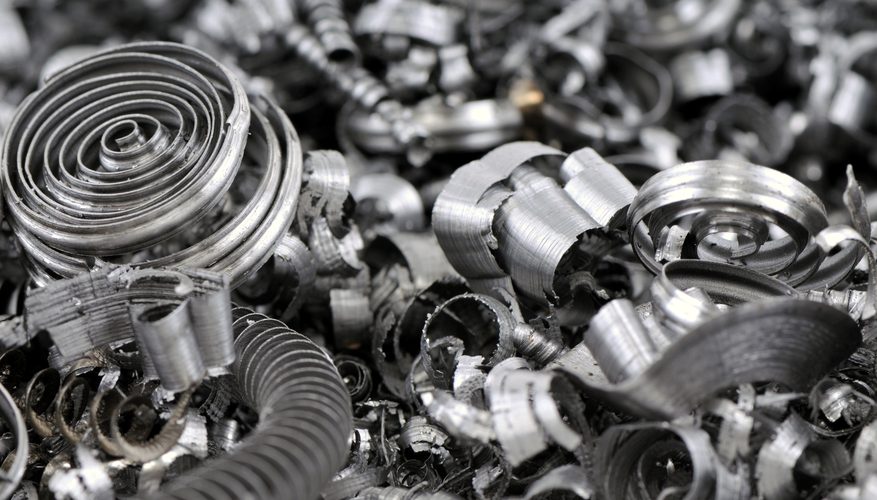
The US aluminium recyclers reaping dividends from import tariffs

The aluminium cans of about 70% used by the US drinks firms have been recycling locally that makes it free from import taxes, while another 16% joins from domestic and Canadian smelters, that are also exempt from the tariffs.
It is estimated that drinks firms paid $582 million more for approximately 3 million tonnes of metal they consumed during March’18 -December’19 than they would have if there were no tariffs. Some $81 million of that went to the U.S. government, while the lion’s share of $428 million went to recyclers, which also typically produce the aluminium sheet that companies such as Ball and Crown turn into cans.
Aluminium accounts for about 65% of the total costs for the US drinks firms.
David Bauer, President of Wis-Pak, a cooperative of family-owned independent Pepsi franchise bottlers said: “Over the last 24 months it has cost both Wis-Pak and its shareholders more than $6 million in increased costs.”

The premium typically covers transport and handling costs and, since March 2018, a 10% tariff on imports of aluminium imposed by the administration of President Donald Trump.
The implemented duty of unpaid premium, which recycling firms, UK-listed Rio Tinto and U.S-listed Alcoa with smelting facilities in Canada are declining to use.
Local producers such as Century Aluminum, in which London-listed miner Glencore has a 40% stake, are also declining to use the duty-unpaid price.
Kelly Clay, CEO, Admiral Beverage, the fifth-largest Pepsi bottler in the United States said: “There’s no premium for the corn and sugar we buy locally to sweeten our products, so why should there be one for aluminium?”
The Canadian producers earned $29 million by charging for tariffs they did not pay between March 2018 and July 2019, while local smelters saw a revenue boost of $44 million.
The Aluminum Association’s Lauren Wilkes said: “We are genuinely bewildered by recent attempts to pressure aluminium suppliers to change the pricing methodology that has evolved through market forces ... for more than 25 years.”
The aluminium consumption of the US, mostly in the transport and packaging industries, is estimated to have totalled more than 10 million tonnes last year, about 15% of global demand. But the Drinks firms stated that import levies have changed the game.
Pete Coors, Vice Chairman, Molson Coors, said: “We met with all our suppliers and asked to pay duty that is reflective of where the aluminium comes from, but we got nowhere.”
“These firms have monopolistic control to exploit aluminium tariffs and create windfall profit at the expense of end users by raising their prices to match tariff prices.”
Drinks makers want the US system to be reformed so that aluminium producers and recyclers cannot include the cost of tariffs in their prices unless they pay them. But recyclers and producers have rejected to do this.
Admiral Beverage’s Kelly said: “Unfortunately, we’ve been left with no other alternative but to request a federal investigation into U.S. aluminium.”



Trump weighs using $2 billion in CHIPS Act funding for critical minerals

Codelco cuts 2025 copper forecast after El Teniente mine collapse

Electra converts debt, launches $30M raise to jumpstart stalled cobalt refinery

Barrick’s Reko Diq in line for $410M ADB backing

Abcourt readies Sleeping Giant mill to pour first gold since 2014

Nevada army depot to serve as base for first US strategic minerals stockpile

SQM boosts lithium supply plans as prices flick higher

Viridis unveils 200Mt initial reserve for Brazil rare earth project

Tailings could meet much of US critical mineral demand – study

Kyrgyzstan kicks off underground gold mining at Kumtor

Kyrgyzstan kicks off underground gold mining at Kumtor

KoBold Metals granted lithium exploration rights in Congo

Freeport Indonesia to wrap up Gresik plant repairs by early September

Energy Fuels soars on Vulcan Elements partnership

Northern Dynasty sticks to proposal in battle to lift Pebble mine veto

Giustra-backed mining firm teams up with informal miners in Colombia

Critical Metals signs agreement to supply rare earth to US government-funded facility

China extends rare earth controls to imported material

Galan Lithium proceeds with $13M financing for Argentina project

Kyrgyzstan kicks off underground gold mining at Kumtor

Freeport Indonesia to wrap up Gresik plant repairs by early September

Energy Fuels soars on Vulcan Elements partnership

Northern Dynasty sticks to proposal in battle to lift Pebble mine veto

Giustra-backed mining firm teams up with informal miners in Colombia

Critical Metals signs agreement to supply rare earth to US government-funded facility

China extends rare earth controls to imported material

Galan Lithium proceeds with $13M financing for Argentina project

Silver price touches $39 as market weighs rate cut outlook

















